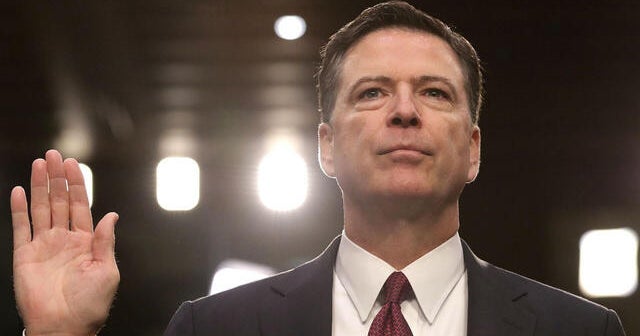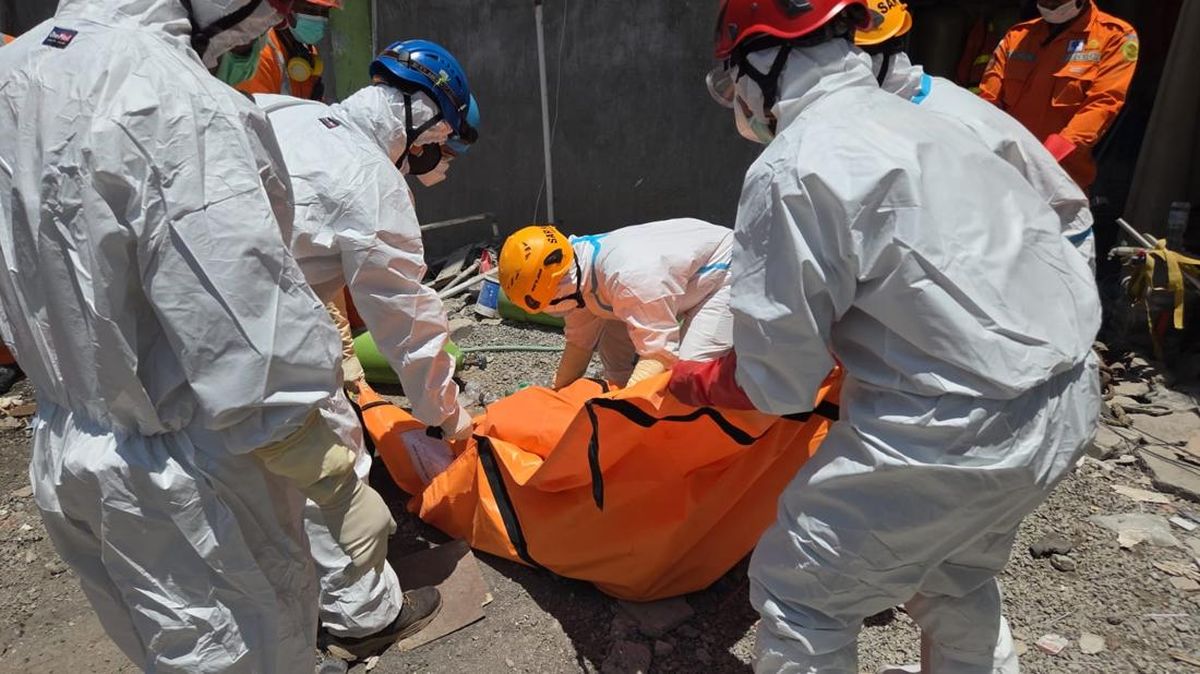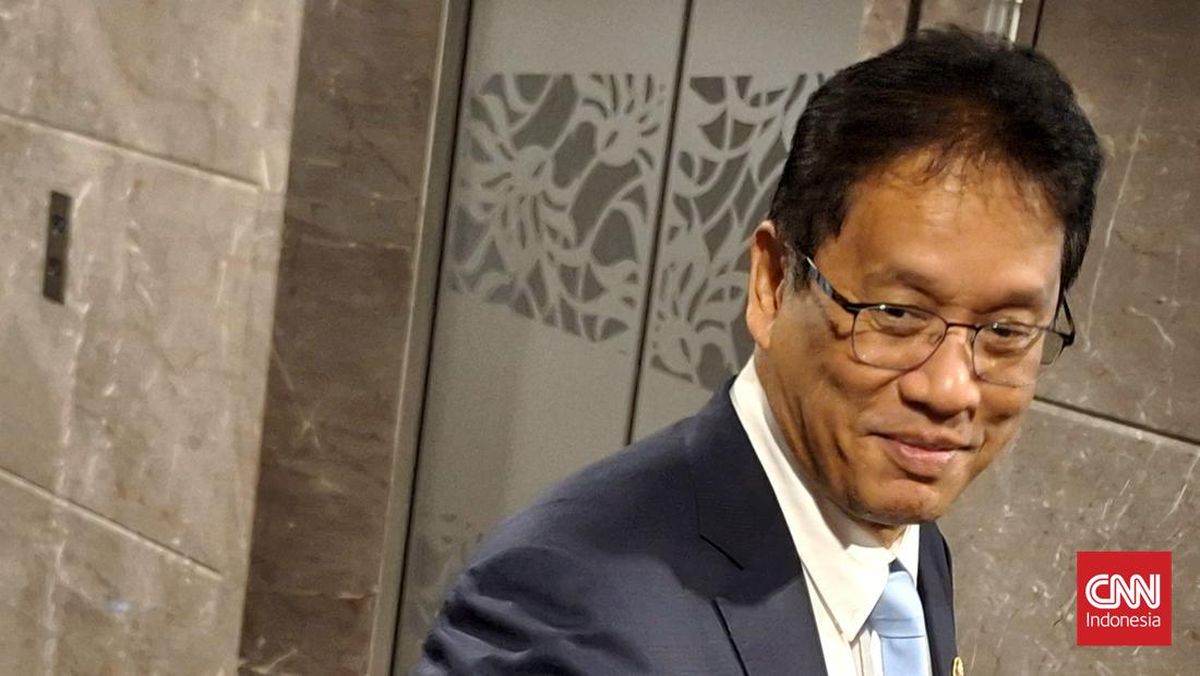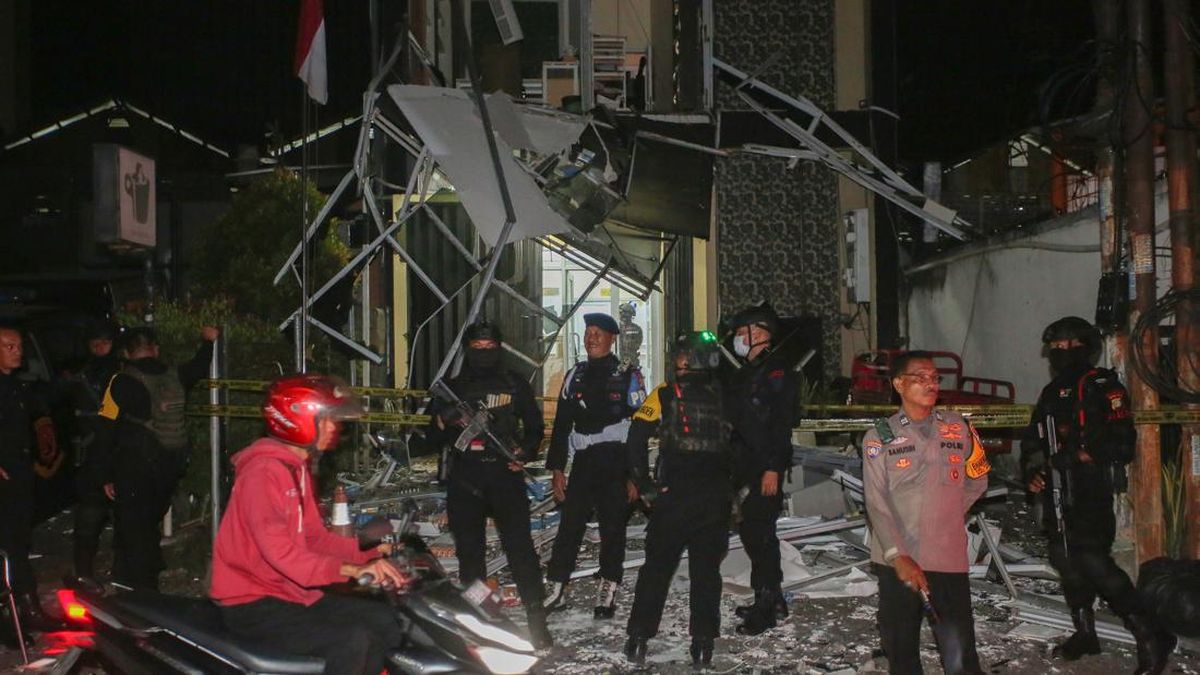Opinion
September 23, 2025 — 3.40pm
September 23, 2025 — 3.40pm
With the Optus blame-game now in full swing, unwelcome attention is spreading to one of the telco’s most senior executives – former NSW premier Gladys Berejiklian.
Despite tabloid press camping in her driveway over the weekend, she has been valiantly trying to keep her head below the parapet since last week’s disastrous outage that could have played a hand in multiple customer deaths.

Former NSW premier Gladys Berejiklian has been keeping a low profile.Credit: Dallas Kilponen
It isn’t that Berejiklian is responsible for any part of the technical debacle that blocked hundreds of people from accessing Triple Zero emergency services, more that her fingerprints are nowhere to be seen in the subsequent disaster management.
Strictly speaking, it is not Berejiklian’s job to manage communications, but calling on her expertise to help in discussions with state premiers, the federal government and the communications regulator would seem like a no-brainer.
Instead, Optus chief executive Stephen Rue appears to be sitting alone in the bullseye of the dartboard. Maybe Berejiklian doesn’t want any of that disaster dust to soil her standing.
As head of Optus’ business and enterprise division, she will be busy trying to convince those large and valuable corporate customers to see through the brand damage and remain with the firm.
Optus chief executive Stephen Rue appears to be sitting alone in the bullseye of the dartboard.
But lending a hand to Rue to communicate with all stakeholders would surely help with the load that he appears to be carrying single-handedly.
Berejiklian is no stranger to handling disaster management, both her own and that of the state of NSW at various times, including the deft navigation of the COVID-19 crisis.
But unlike COVID, the Optus outage is a disaster of the telco’s own making.
Loading
The technology failure was the initial cause, but the secondary failure in the company’s processes of communicating the problems up the management line exacerbated the incident to a full-scale catastrophe. The drama further escalated when Optus’ management was slow to inform the government and the public.
So there was a software error compounded by human error.
But it wasn’t until the ramifications became clear – that numerous people could have lost their lives as a result of being unable to contact emergency services – that the catastrophe turned nuclear.
It was at that point that politicians of all stripes began taking aim at Rue’s head.
And in large part, it’s the main tagline to the tale – desperate people unsuccessfully trying to call for help in a life emergency – that the wider public will remember.
Optus’ crisis has echoes in the story of Westpac in 2019, when the big-four bank was outed by financial crimes regulator Austrac for breaches of money laundering and counter-terrorism laws.

Former Westpac chief executive Brian Hartzer had hoped he could ride out the scandal that engulfed the bank.Credit: AFR
Westpac’s chief executive at the time, Brian Hartzer, thought he could ride out the scandal, until the bombshell that landed in November 2019: Austrac accused the bank of failing to monitor a dozen customers who made frequent transactions that were “consistent with child exploitation typologies” and that its failure to obey anti-money laundering and counter-terror financing laws allowed a customer to make payments to a person in the Philippines who was later arrested for child sex trafficking and livestreaming child sexual abuse.
Hartzer was gone five days later.
If the public, politicians and Optus’ customers value a punitive response rather than a practical solution, then sacking Rue would provide some measure of satisfaction.
But it’s the underinvestment in Optus’ technical systems by its parent, the Singapore government majority-owned Singtel, that was probably the largest contributor to the outage (the second in three years) and should bear most of the blame.
Rue has been in the job for less than a year, after former boss Kelly Bayer Rosmarin resigned in the wake of a network outage and a cyberattack.
Sure, he didn’t play the disaster-protocol communications handbook well, but given he is still relatively new to his role as CEO, he probably wasn’t across all the technical trip-wires before him.
Loading
As tech insiders understand, complex technology can fail. And it does.
Chances are that if Rue survives in his job, he will be fully invested in looking into the systems and process problems and will have an urgent incentive to fix them.
Rue will be more motivated than anyone to make sure there is no repeat experience.
Most Viewed in Business
Loading


















































